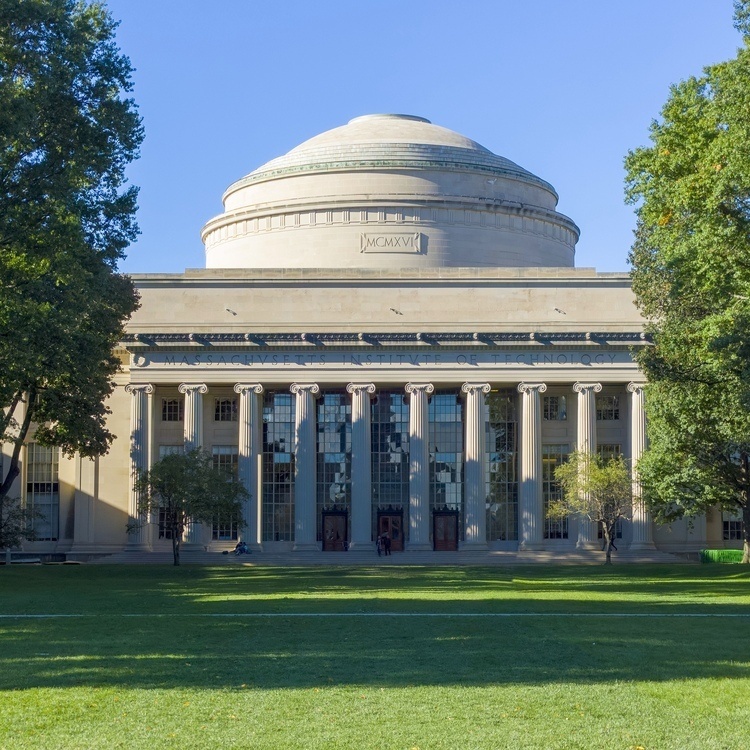
Colloquium on the Brain and Cognition with Andrew MacAskill and Teaching Awards
Description
Talk Title: A role for ventral hippocampus in hidden state inference
Abstract: Imagine you’re texting with a friend. Because you can’t see them in person, you can’t directly tell if they’re happy, sad, or stressed. This is because their emotional state is hidden - you can’t observe happiness or sadness directly through text messages. However, we often notice things like how quickly they respond, whether their messages are short or detailed, or if they’re using lots of emojis. We can then use these clues to make an educated guess about how our friend is feeling. For example, if they reply with quick, one-word answers and don’t use their usual emojis, we will often infer they’re feeling down or distracted. If they’re texting with lots of emojis and longer messages, you might infer they’re in a good mood.
This ability is often called hidden state inference – where we can use indirect observations to build up a fairly good idea of our friend’s unseen emotional state. In more scientific terms, this ability uses subjective, latent contextual representations (whether you think your friend is happy or sad) to influence decision making (how to respond appropriately). This ability is crucial for everyday life, and deficits in this ability are one of the few behavioural maladaptations consistently linked to the risk and severity of multiple mental illnesses. However despite this we still have surprisingly little understanding of how this process is performed at the neural level.
In my talk, I will present some (very) recently published data that suggest the ventral hippocampus is crucial for mice to perform hidden state inference. I will show how hippocampal neurons use observations to differentiate the abstract contexts required for this strategy in a manner similar to the differentiation of spatial locations, and that their activity is essential for appropriate dopamine dynamics. I will then present some new, preliminary data that show how acetylcholine dynamics in ventral hippocampus may be key for this mechanism. Hopefully I will be able to convince you that these data offer cellular insight into how latent contextual information is used to optimize decisions, and that the hippocampus has a key and often underappreciated role in hidden state inference.
Bio: I am a Professor of Cellular and Systems Neuroscience in the Department of Neuroscience, Physiology and Pharmacology at University College London. I received my major training from Josef Kittler, David Attwell and Mark Farrant at University College London, and Adam Carter at New York University. The research in my lab aims to combine cellular biology, whole brain circuit analysis and quantitative behaviour to understand how neural circuits encode and define flexible behaviour, and to how these mechanisms are altered due to experience during adolescence. We are focussed on the ventral hippocampus, its projections to the prefrontal cortex and nucleus accumbens, and how these are differentially utilised during goal directed learning, behavioral flexibility, and decision-making. In rodents, we are experienced in the use of in vivo and ex vivo imaging and electrophysiology for the investigation of the neural basis of behavior. Most recently, we have focused on recording and manipulating the activity of ventral hippocampal neurons during goal directed behavior, and investigating how the properties of these neurons are altered by internal states such as hunger, thirst and stress. We also use computational modeling to refine our evaluation of behavioral differences and to better delineate the function of neural circuits. We collaborate heavily with Profs. Jon Roiser and Quentin Huys at UCL to translate tasks and models from humans to mice and back again.
Webinar Link: https://us02web.zoom.us/j/89002014229?pwd=bzZuZGh6cVhOSjJ6TlNZVHgrRnNaQT09
Followed by a reception with food and drink in 3rd floor atrium

